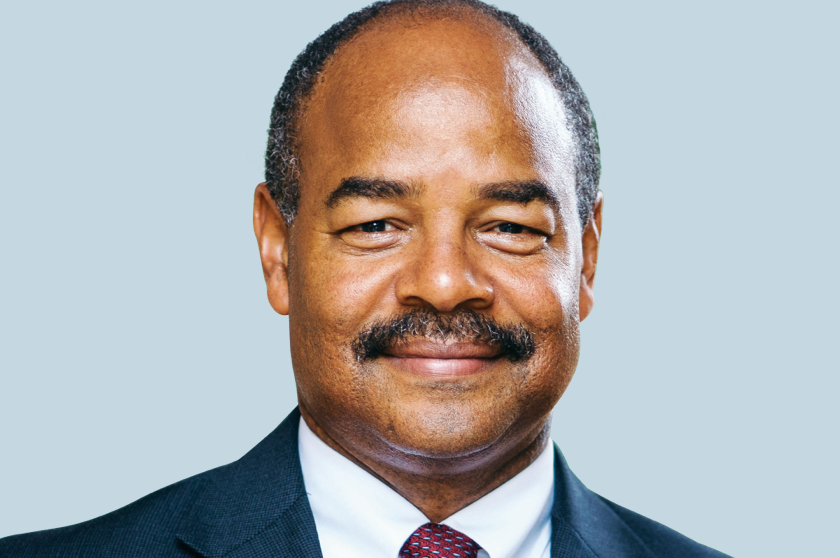
Promoting L&S research excellence is one of my top priorities as dean of L&S. The profound importance of curiosity-driven research is its impact on future generations. The knowledge, technology and understanding we sometimes take for granted today are rooted in research discoveries made years, decades or even centuries ago. Second only to the university’s medical school in research awards and expenditures, L&S is an innovation leader, launching new initiatives, winning patents (like the one you’ll read about on page 24), and exploring urgent problems such as climate change and global pandemics. Our faculty and graduate students are also delving into what we call basic, or “blue sky” research, which means work that is not necessarily tied to an immediate application, but rather pushes the boundaries of our knowledge about our planet and our universe.
Allow me to boast a little more about our research prowess (these are fun pride points for you to share with your friends and family about your alma mater). The College of Letters & Science plays a critical role in propelling UW-Madison to #8 in the national research rankings for public and private universities. In the 2021 U.S. News & World Report ranking of “best graduate schools,” UW-Madison’s programs were named
among the best nationwide — and we are #5 among U.S. universities in granting doctorate degrees.
We know we need state-of-the-art facilities to attract top faculty and spark cutting-edge research. While significant needs remain across the college, we are thrilled with our new Chemistry Tower (which opened in January), and we’re entering the design phase for Irving and Dorothy Levy Hall (which will replace our aging humanities building) and for our new School of Computer, Data & Information Sciences.
Every year, our faculty and graduate students are recognized with top research fellowships and high honors for lifetime achievement in their fields. They are members of the world’s largest scholarly societies, including the American Association for the Advancement of Science and the American Academy of Arts and Sciences. Our faculty (and our alumni, too!) form companies (more than 400 startups have spun out of UW-Madison research projects) and work on international teams such as the IceCube Collaboration, a group of 300 physicists from 53 institutions in 12 countries who are opening new windows for exploring our universe through the detection of neutrinos in the ice of Antarctica.
Research happens in every discipline across L&S. In this issue of the magazine, you’ll read about fascinating, interconnected work on fungi (the “webs of life”), research into cognitive processes that may lead to help for depression, and humanities research that explores the electronic frontiers of music. You’ll also hear from our political science experts, whose research into the practice of democracy illuminates our understanding and appreciation of this fragile system.
I’m proud to be part of an “R1” institution that’s regarded as one of the preeminent research powerhouses in the world. I hope you are, too. Thank you, as always, for all you do to keep our research engine humming. The world desperately needs breakthroughs that will propel us into a better future. We are working on it.
Eric M. Wilcots
Dean and Mary C. Jacoby Professor of Astronomy,
College of Letters & Science



